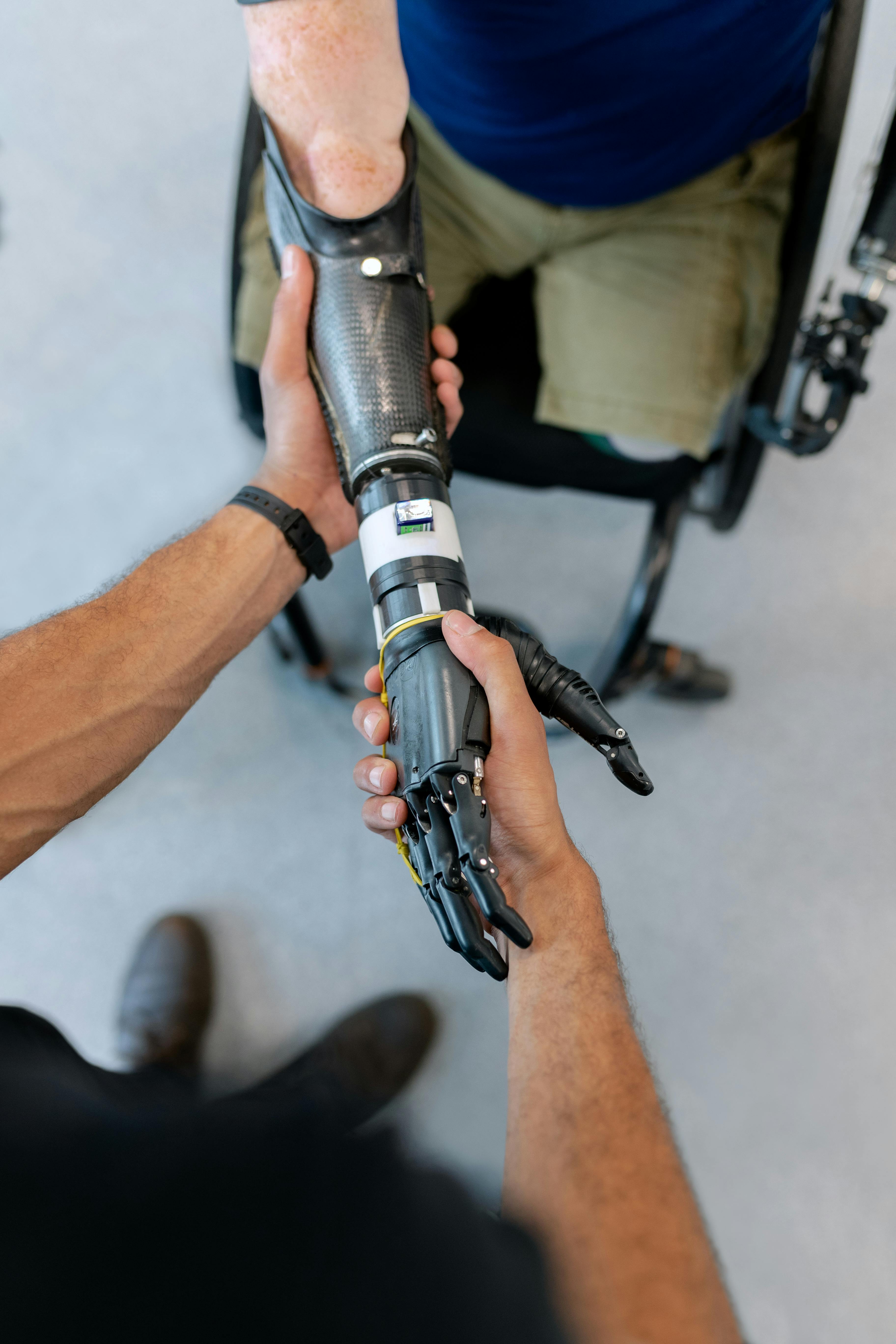Understanding the Rise of Slow Travel in a Fast-Paced World
In an era where speed and efficiency are highly valued, slow travel is making a surprising comeback. What is behind this shift, and how does it redefine our understanding of travel and leisure? Read below to find out more. Our modern world is characterized by its fast-paced nature, but a counter movement is quietly gaining momentum – the rise of slow travel. This trend is more than just a travel fad, it’s a sociocultural phenomenon that is reshaping the way we perceive and engage with travel and leisure.

Slow Travel: A Historical Perspective
Slow travel is not a new concept. Before the advent of modern transportation, travel was inherently slow. People journeyed for days, weeks, or even months to reach their destinations, absorbing the landscapes and cultures along the way. But with the rise of fast transportation options, the slow travel movement faded into the background. Now, it is experiencing a renaissance, fueled by a growing desire for more meaningful and immersive travel experiences.
The Current Trend: A Shift Towards Mindfulness
In today’s fast-paced world, the slow travel movement promotes a different approach. It encourages travelers to slow down, immerse themselves in local cultures, build deeper connections with people and places, and be more mindful of their impact on the environment. This trend is an extension of the broader societal shift towards mindfulness and conscious living, reflecting the increasing value people place on experiences over material possessions.
The Sociocultural Implications of Slow Travel
Slow travel encourages a deeper understanding and appreciation of different cultures, fostering global empathy and challenging ethnocentric views. It also promotes sustainable tourism, as slower modes of travel often have a lesser environmental impact than traditional tourism. By choosing to spend more time in fewer destinations, travelers can contribute more to local economies and have more authentic experiences.
The Future of Slow Travel
As more people seek meaningful experiences and a slower pace of life, slow travel will continue to grow in popularity. It is paving the way for a more conscious and sustainable approach to travel, challenging the traditional “tourist” mentality. The slow travel movement is more than just a trend—it’s a reflection of broader societal shifts and a response to the fast-paced nature of modern life.
Conclusion
In a world obsessed with speed, slow travel offers a refreshing alternative. It encourages us to take a step back, immerse ourselves in the moment, and truly connect with the world around us. As we navigate this fast-paced world, perhaps slow travel can teach us the value of slowing down, not just in travel, but in life as well.




